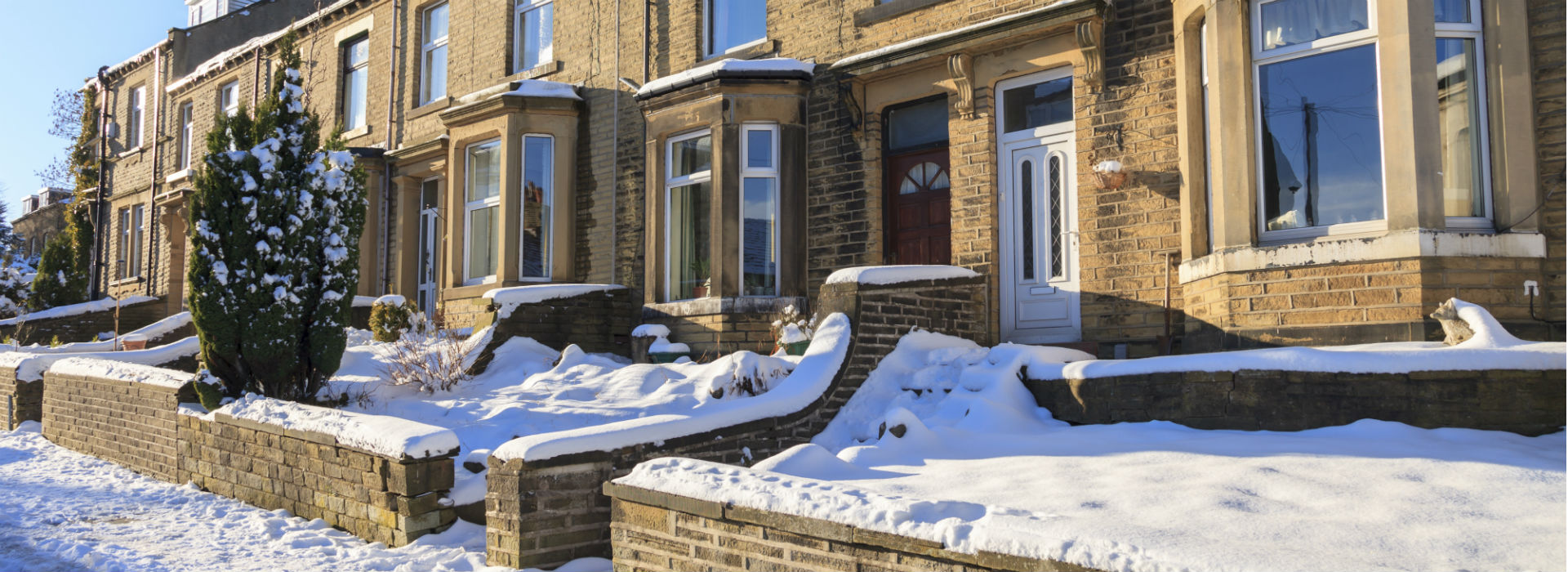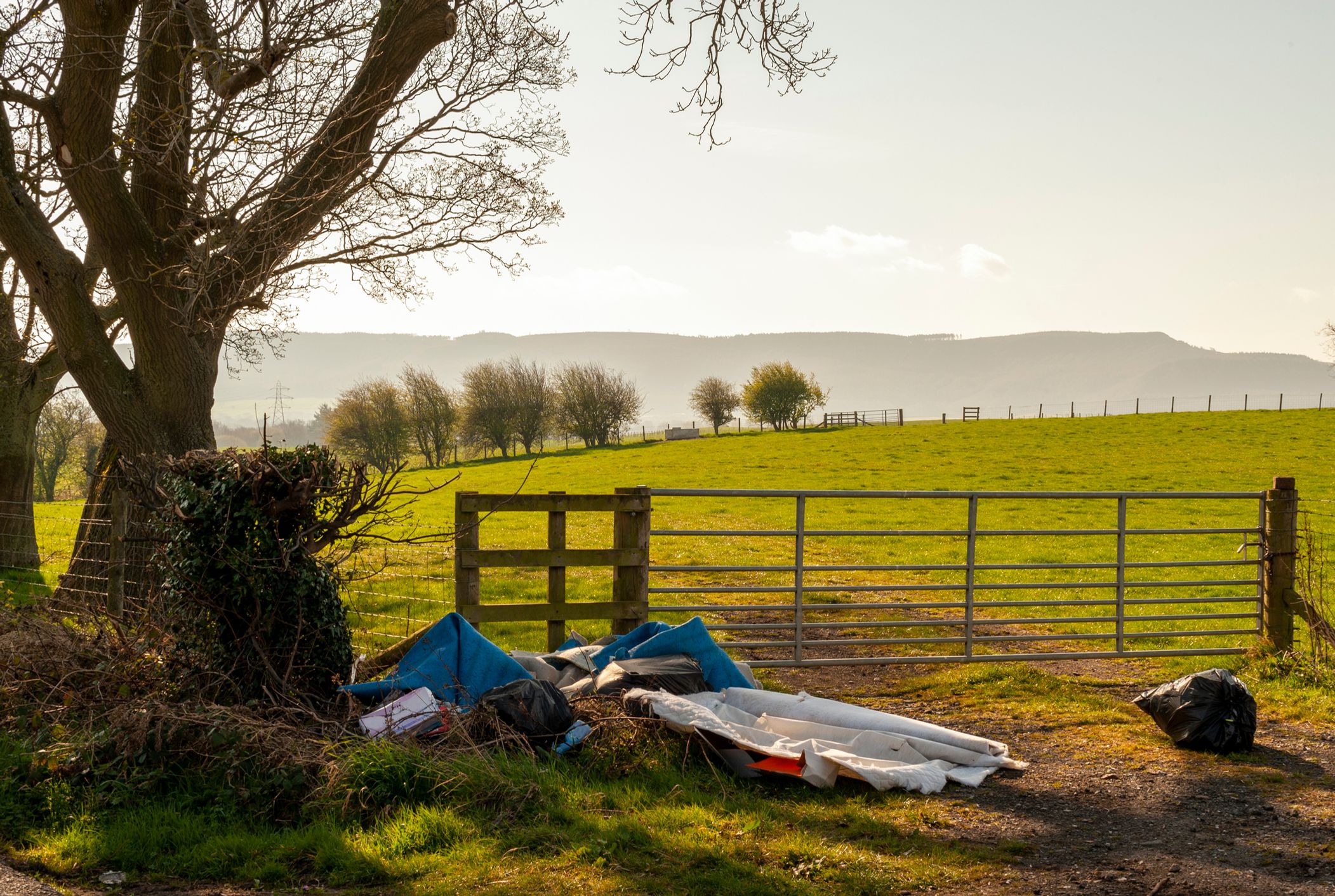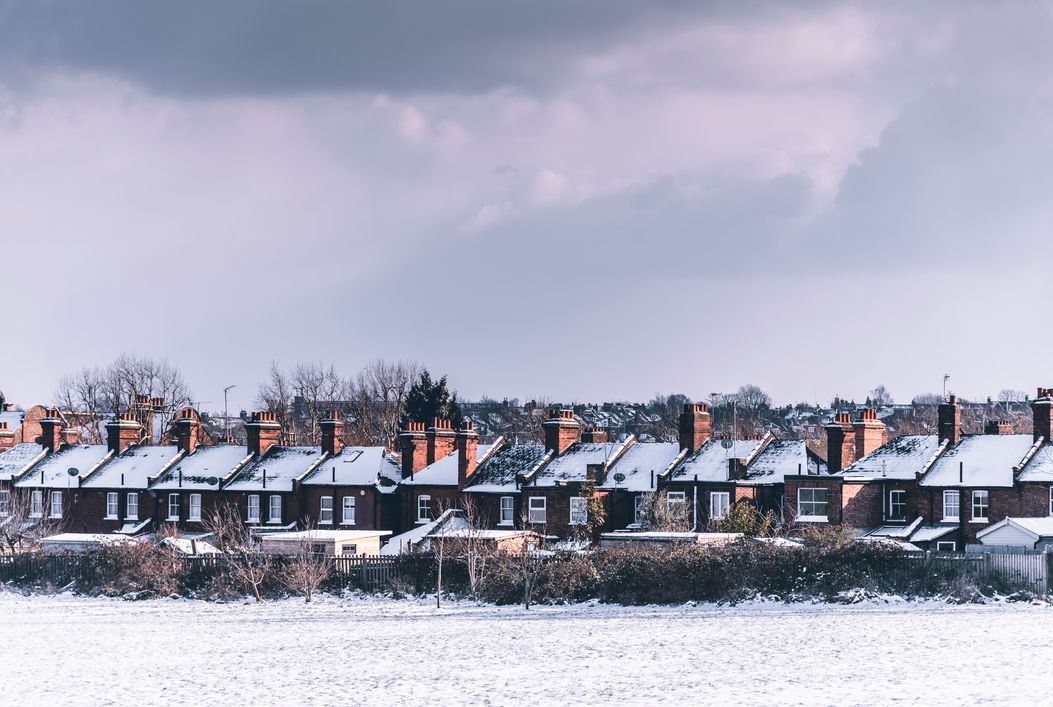If you have only one or two residential properties to worry about, keeping those properties in check in the colder weather shouldn’t be too much of an undertaking. But what of the student accommodation, office buildings or warehouses that are left empty for any significant amount of time, be it two days or two weeks?
The problem: Burst Pipes
Frozen water expands, leading to burst pipes if it has nowhere else to go.
The measures: If you know that your property is going to be empty, then either ask your tenants to keep the heating on low or timed until they return or make sure of this yourself. Heat will better circulate around the rest of the property if internal doors are left open, providing they’re not fire doors.
Leaving any roof hatches open can help prevent water tanks in the loft area from freezing.
The problem: Storm damage
Loose tiles, external fittings can be damaged or cause damage if left to face the elements unsupported.
The measures: Get your roof checked either yourself, if you have just one property to concern yourself with, or an external agency if you have multiple properties. If any loose tiles are picked up before any bad weather sets in, they can be secured to help prevent damage. Similarly, any external fittings such as aerials need to be well secured, not only because they could be damaged but also because they may cause injury if they come down.
The problem: Damp caused by rainfall
Of course buildings keep the rain off but they need a little help from gutters in doing so. Gutters that are blocked with leaves or that are damaged don’t do much to help keep rainwater away from the house, and heavy rainfall could soon lead to the onset of damp if not addressed.
The measures: Hedges are your tenants’ responsibility, but not gutters. As the Landlord, you need to make sure that gutters are kept free of leaves and other debris. This should not need to be done often but will need to be checked frequently to prevent heavy rainfall causing damage to the building.
The problem: Theft and vandalism
Properties left empty are more vulnerable to break-ins, which can lead to theft, damage and even arson. And the window of opportunity need only be small.
The measures: Encourage your tenants to leave a light on if they are going out, and if they’re going away suggest that they might want to cancel any deliveries. Check that all locks are in good working order and consider having an intruder alarm fitted if there is not already one.
Some commercial buildings may be part of a business park which has its own security measures. If not, make sure no windows or doors are left unlocked and take away any opportunities to break in on higher levels, like vehicles parked close to a lower level roof. Consider fitting CCTV and motion sensor security lights and ensure any refuse areas which could be set alight are secure.
Your property owners insurance
Your insurance arranged by McClarrons is there to help you if you do have problems during the winter, but the measures above do no harm in making sure your property is well prepared. Our claims handlers are ready to act on the losses you face as soon as we’ve been made aware, and in the meantime, we’re here to discuss any questions you might have around your Property Owners’ Insurance, what it covers and any exclusions.
Speak to a member of the team at McClarrons by calling 01653 697055 or emailing enquiries@networkportfolio.co.uk/mcclarroninsurance.com.
























